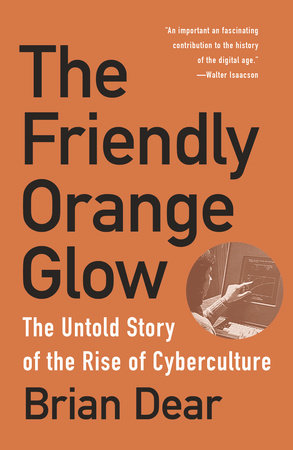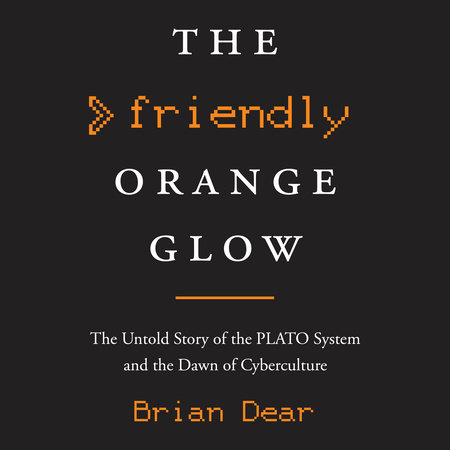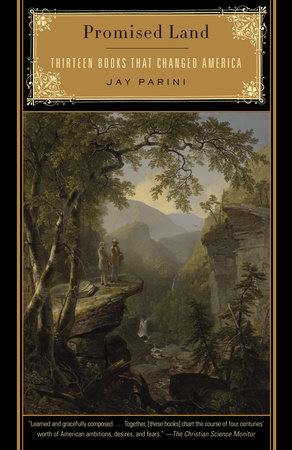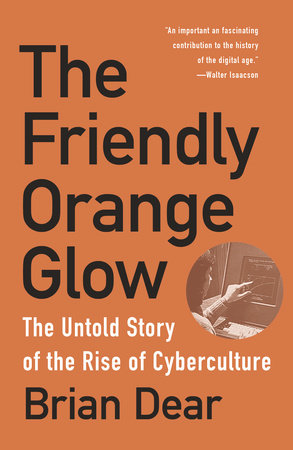

The Friendly Orange Glow
By Brian Dear
By Brian Dear
By Brian Dear
By Brian Dear
By Brian Dear
Read by George Newbern
By Brian Dear
Read by George Newbern
Category: Science & Technology
Category: Science & Technology
Category: Science & Technology | Audiobooks

-
$21.00
Oct 02, 2018 | ISBN 9781101973639
-
Nov 14, 2017 | ISBN 9781101871560
-
Nov 14, 2017 | ISBN 9780525499619
1265 Minutes
Buy the Audiobook Download:
YOU MAY ALSO LIKE
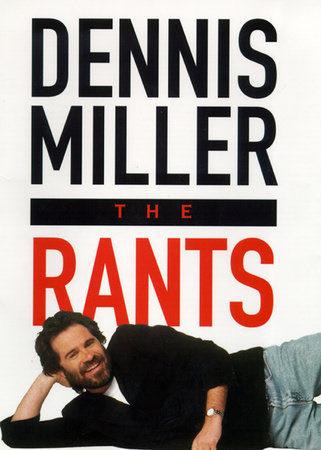
Rants
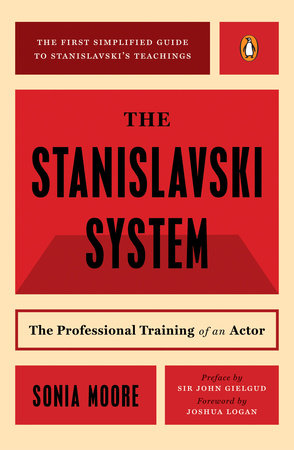
The Stanislavski System
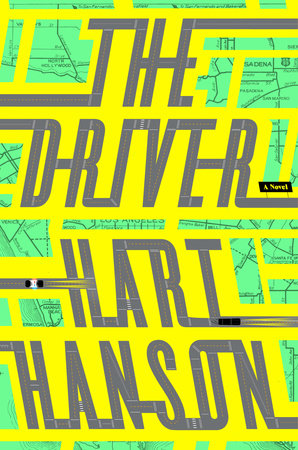
The Driver

The Best Little Grilling Cookbook
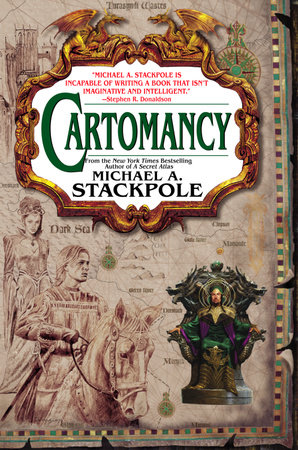
Cartomancy
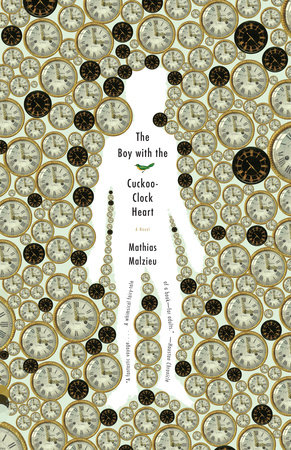
The Boy with the Cuckoo-Clock Heart

The Best Punctuation Book, Period

Yoga for the Inflexible Male

Dark Art Nightmare
Praise
“Mr. Dear guesses that he spent about 11 years of solid work on his book over more than 30 years. His diligence shows. Thanks to his meticulous research and conversational writing style, The Friendly Orange Glow is an enjoyable and authoritative treatment of an important piece of our social and technological heritage.”
—Phil Lapsley, The Wall Street Journal
“Brian Dear has made an important and fascinating contribution to the history of the digital age. This insightful book tells the story of the pioneering system of networked computing known as PLATO. Much of what we enjoy today sprang from PLATO and the colorful community that created and embraced it.”
—Walter Isaacson, author of The Innovators and Steve Jobs
“That Dear was able to interview the many engineers, programmers, authors, and users of PLATO is a signal achievement. One might say that The Friendly Orange Glow is a kind of ‘fan non-fiction’; Dear is to PLATO what Chernow is to Hamilton. . . . Dear has done a great deal of heavy lifting here to tell a story that needed to be told and we are much the richer for his telling.”
—Steve Jones, New Media & Society
“A full decade before the history most people believe, PLATO was the original system that inspired modern computing—and even the cloud. Designed and built by Midwestern pioneers starting in 1960, PLATO was still operational when I attended the University of Illinois Urbana-Champaign in the early 1990s. In fact, I took math classes on it before building Mosaic. This story is a testament to the importance of both innovation and timing!”
—Marc Andreessen, cofounder of Netscape and Andreessen Horowitz
“I loved this deep unknown history. An incredible tale of a rag-tag team of students inventing key technologies—flat screens, instant messaging, networked games, blogging—decades before Silicon Valley, and then they were totally forgotten. Your mind will be blown.”
—Kevin Kelly, Senior Maverick for Wired Magazine and author of The Inevitable
“Prodigious research. . . . The story shines through—a fascinating tale of missed opportunities and blind spots.”
—Sharon Weinberger, Nature
“Though this book is intended for a general audience interested in computing history, archivists are perhaps ideal readers for Brian Dear’s The Friendly Orange Glow: The Untold Story of the Rise of Cyberculture. . . . Built on archival research and hundreds of oral history interviews collected over more than twenty years, Dear’s book offers not just an excellent example of the end product of research into the social and user-centered aspects of early networked computing—an underdeveloped collecting area—it also provides archivists with a roadmap to the types of sources and voices that ought to be preserved. . . . From an archival perspective, The Friendly Orange Glow represents the meeting of a preservation need and the chronicling of an overlooked community. . . . Perhaps more important, Dear offers archives professionals an insight into how best to preserve the context and the history surrounding the development of networked computer systems: not only collecting the records of those who designed and built them, but also gathering the stories of the ordinary people who gave them content, created communities, and found meaning through them.”
—Alissa Matheny Helms, The American Archivist
“Absorbing and eye-opening history. . . . Entertaining, anecdote-laden account waxes more than a little nostalgic about the little-remembered program . . . behind cyberculture’s flourishing global impact.”
—Booklist
“This exuberant history . . . offers a lively portrait of the energy and creativity that a networked world can unleash. . . . Dear’s sprawling re-creation conveys the excitement of technological innovation and the freewheeling eccentricity of this vibrant scene.”
—Publishers Weekly
“Promoted as an educational experiment, PLATO became home to the first interactive games, electronic communities, student hacking escapades and online romances. Could Nixon’s staff censor online impeachment discussions? Is online gaming a form of education? Should systems sell advertising? Here’s the astonishing story of that first network—how students and programmers twisted a thousand clunky, connected computers to change the course of computing.”
—Clifford Stoll, author of High-Tech Heretic
“Packed with delightful details, The Friendly Orange Glow offers a fascinating account of how the first initial forays by passionate geeks snowballed to establish digital culture. This book is an essential read for anyone who takes the internet for granted.”
—danah boyd, founder of Data & Society and principal researcher, Microsoft Research
“The word that comes to mind about this book is comprehensive! It is truly a historical tour de force telling the story of the PLATO system, its origins and the people who made it happen. I had a glancing exposure to the program and Don Bitzer in the late 1960s as I embarked on work at UCLA on the ARPANET. The team was wrestling with the neon plasma panel display and I came away very impressed by Bitzer’s palpable can-do enthusiasm. He may have been Felix Ungar to Daniel Albert’s Oscar Madison, but I have never met a more determined engineer in my fifty-year career. This book is a timely reminder of what PLATO people astonishingly accomplished long before the rest of the world caught on.”
—Vint Cerf, vice president and chief internet evangelist at Google
“Finally! Here is the secret history of the Internet’s elder sibling, the one no one talks about after a mysterious disappearance.”
—Jaron Lanier, author I Am Not a Gadget
“Long before ‘UI’ signified User Interface, ‘UI’ signified University of Illinois, where, fifty years ago, much of what we take for granted as a User Interface for personal and collaborative computing first took form. To an Internet user, The Friendly Orange Glow is like finding a trunk in your attic full of detailed notes kept by your parents chronicling all the adventures they had before you were born. This is history of the best kind: authoritative, intimate, and painstakingly assembled, firsthand. A landmark work.”
—George Dyson, author of Turing’s Cathedral
21 Books You’ve Been Meaning to Read
Just for joining you’ll get personalized recommendations on your dashboard daily and features only for members.
Find Out More Join Now Sign In






